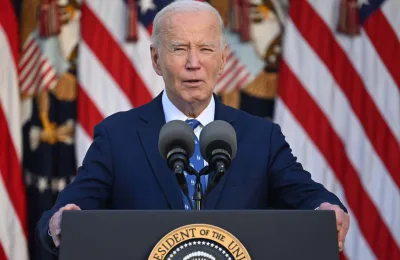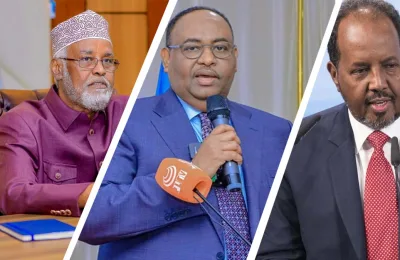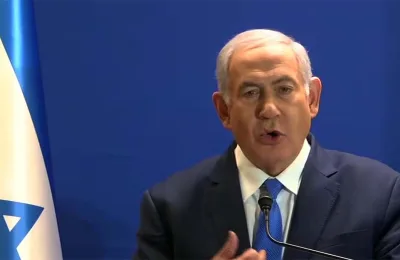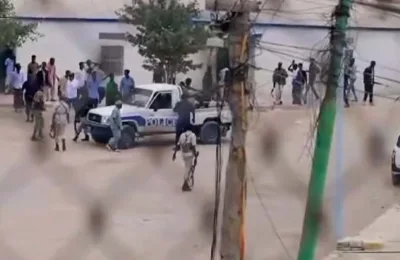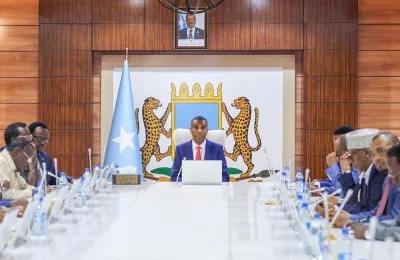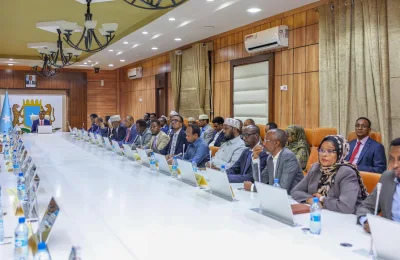Somalia has got a plan to hold elections in 2016. The troubled Horn of Africa state…

Somalia has got a plan to hold elections in 2016.
The troubled Horn of Africa state is still emerging from decades of civil war and continues to be ravaged by an Islamist insurgency led by the Al-Qaeda affiliated militant group Al-Shabab. But despite such challenges, the country’s leadership are determined to stick to an internationally-backed timetable of holding elections later in 2016, since the current government’s mandate expires in August.
Members of the Somali National Leadership Forum (NLF)—who include Somali President Hassan Sheikh Mohamud and Prime Minister Omar Abdirashid Ali Sharmarke, as well as the presidents of Somalia’s autonomous regions—concluded a three-day meeting in the capital Mogadishu on Tuesday. The forum claimed to have hammered out a plan for holding elections before the end of the year, but there are still sizeable challenges to be overcome.
If they are to be held in 2016, elections in Somalia will look nothing like what most Western observers are used to. According to the NLF’s communique published on April 12, voting in Somalia will not follow the one-person, one-vote system utilized by the U.K. and the U.S. among others. Instead, there will be an electorate of just 13,750—Somalia’s total population is 10.5 million —for choosing the 275 members of the lower house of parliament. The electorate will largely be determined by 135 traditional elders, who hold positions of authority and function in political-judicial roles within their particular clans.
Somalia’s parliament is ostensibly bicameral, but the upper house has not yet been established. That is another task that must be completed before elections can take place and one that could hold particular challenges. The NLF communique states that 30 percent of seats be reserved for women in each member state (Somalia operates a federal system and is composed of 18 administrative regions). Such a lofty goal could prove difficult to achieve in a country ranked as the fifth most dangerous country in which to be a woman in a 2011 Thomson Reuters Foundation poll.
“There’s a substantial amount of bureaucracy to take place beforehand,” says Ahmed Soliman, Somalia expert at international affairs thinktank Chatham House. “There’s still really no timeline for these processes to take place before the government’s mandate runs out, so there’s a lot of work to be done.”
BY CONOR GAFFEY
NEWSWEEK

